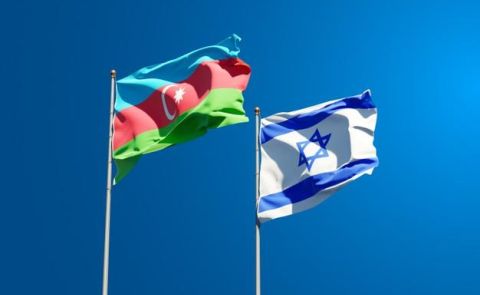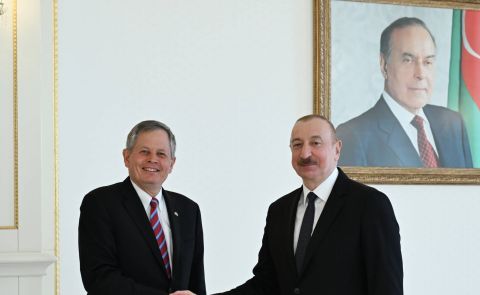
Georgia's Controversial Elections: Accusations of Fraud, Calls for Protests, and International Condemnation
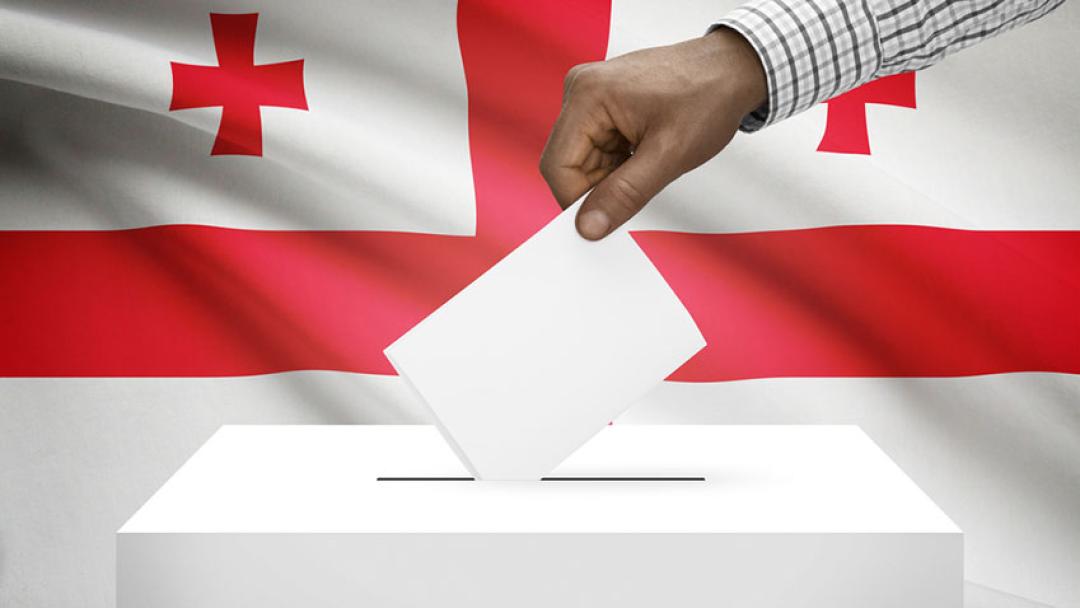
On October 27, 2024, events surrounding Georgia’s recent parliamentary elections culminated in heated statements, calls for protests, and accusations of electoral manipulation. The Georgian ruling party, Georgian Dream, led by Irakli Kobakhidze, claimed a decisive victory, which was subsequently confirmed by the Central Election Commission (CEC) with preliminary results giving Georgian Dream 89 out of 150 parliamentary seats.
However, opposition parties have categorically rejected the election results, citing widespread irregularities. Key opposition groups, including United National Movement and the Coalition for Change, refused to accept parliamentary mandates, calling the elections “illegitimate.” Allegations of voter intimidation, vote-buying, and the use of state resources for campaign advantages were echoed by international observers, including the International Republican Institute (IRI) and the National Democratic Institute (NDI).
The OSCE/ODIHR (Organization for Security and Co-operation in Europe / Office for Democratic Institutions and Human Rights) mission expressed significant concerns over Georgia’s election process, pointing to a range of irregularities that undermined its credibility. According to Eoghan Murphy, the head of the OSCE/ODIHR mission, media coverage was biased, with Georgian Dream receiving disproportionately favorable coverage, especially from the publicly funded Georgian Public Broadcaster. Murphy noted that many private TV stations also failed to offer impartial news coverage, thereby limiting voters’ ability to make an informed choice.
The mission highlighted that polling stations displayed a climate of intimidation due to surveillance by Georgian Dream representatives. Cameras installed inside precincts and observers stationed outside reportedly created a “big brother is watching” atmosphere, as noted by Iulian Bulai, head of the PACE (Parliamentary Assembly of the Council of Europe) delegation. This surveillance, combined with cases of vote-buying and coercion, was reported as widespread, particularly in rural areas.
The OSCE/ODIHR also noted structural issues in the pre-election environment, such as the instrumentalisation of institutions like the newly created Anti-Corruption Bureau, which was allegedly used to target opposition groups and watchdogs, including Transparency International Georgia. Other problems included vote secrecy violations and ballot-stuffing, which were further confirmed by parallel reports from other monitoring groups like ISFED.
OSCE/ODIHR’s final assessment was that the “uneven playing field” and significant violations both inside and outside polling stations cast doubt on the election’s fairness. They warned that such tactics erode public trust in democratic processes, urging the Georgian government to address these issues and safeguard political neutrality and freedom of assembly.
President Salome Zourabichvili, voicing her own condemnation of the electoral process, labeled the elections as “completely rigged” and claimed they were influenced by a “Russian special operation.” Zourabichvili called for a public demonstration in Tbilisi on Rustaveli Avenue on October 28, urging citizens to stand together against what she described as a theft of democratic rights.
The European Greens and members of the EU Parliament expressed support for an independent investigation into the alleged irregularities. Meanwhile, the European Council President Charles Michel announced that the EU would assess Georgia's situation in November. Other international responses came from figures such as former UK Prime Minister Boris Johnson and US congressman Joe Wilson, who criticized the legitimacy of Georgian Dream's victory. Leaders from Latvia, Lithuania, and Estonia similarly expressed concerns over democratic backsliding in Georgia.
Additionally, demonstrations emerged among Georgian emigrants, notably in Berlin, where protestors condemned the elections as fraudulent.
See Also

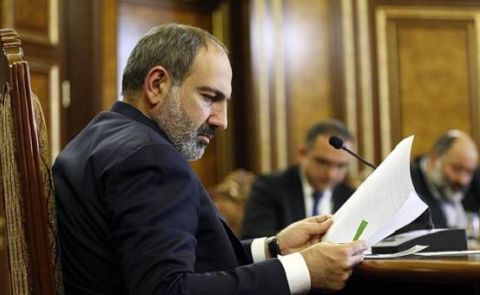
Pashinyan Commemorates First Republic Day, Highlights Progress in Sovereignty and Peace Efforts
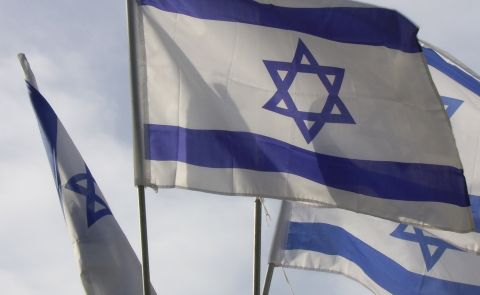
Israeli Ambassador to Armenia Acknowledges Challenges but Optimistic About Future Armenian-Israeli Cooperation
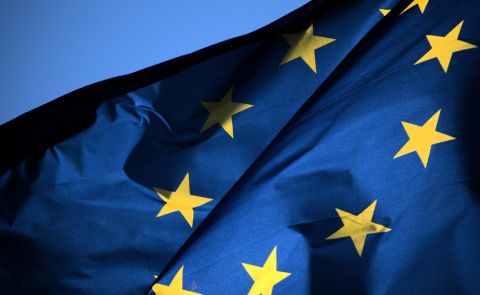
EU Plans Closer Cooperation with Azerbaijan, Georgia, Türkiye, and Other Black Sea States
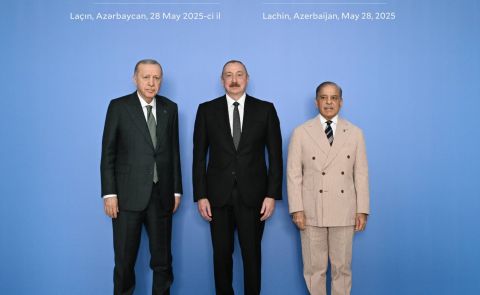
Azerbaijan, Türkiye, and Pakistan Highlight Growing Strategic Cooperation at Lachin Summit
